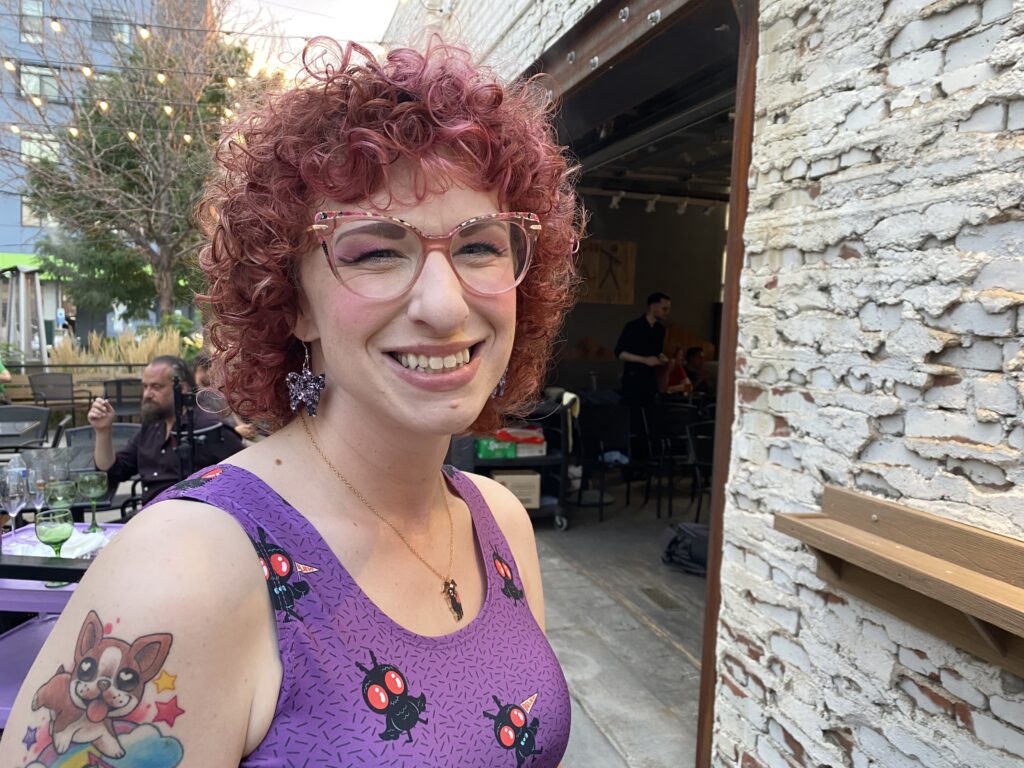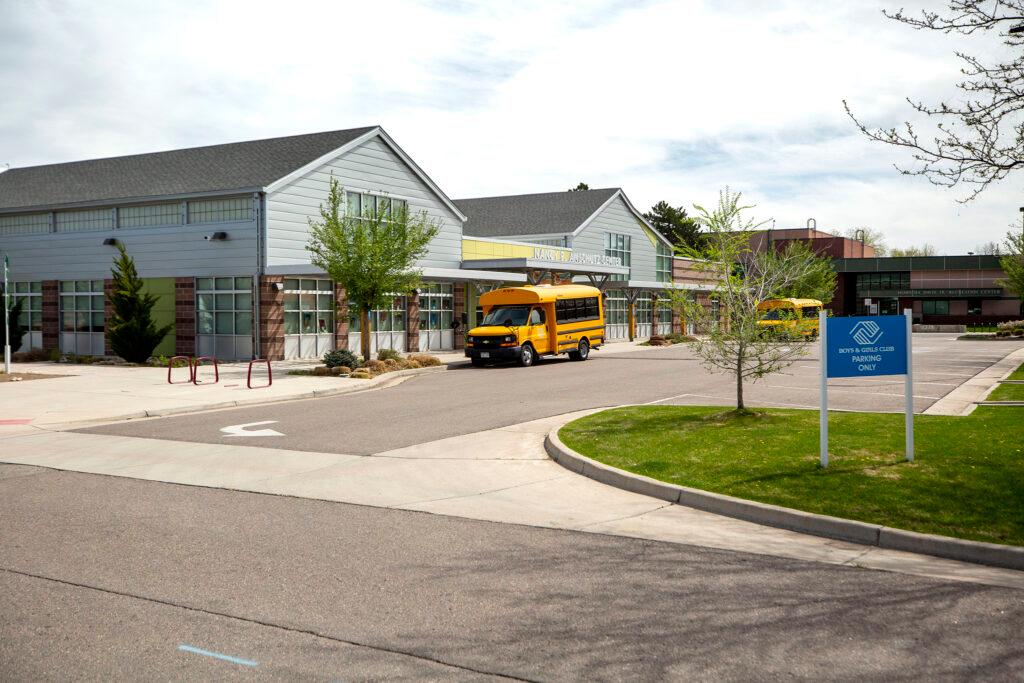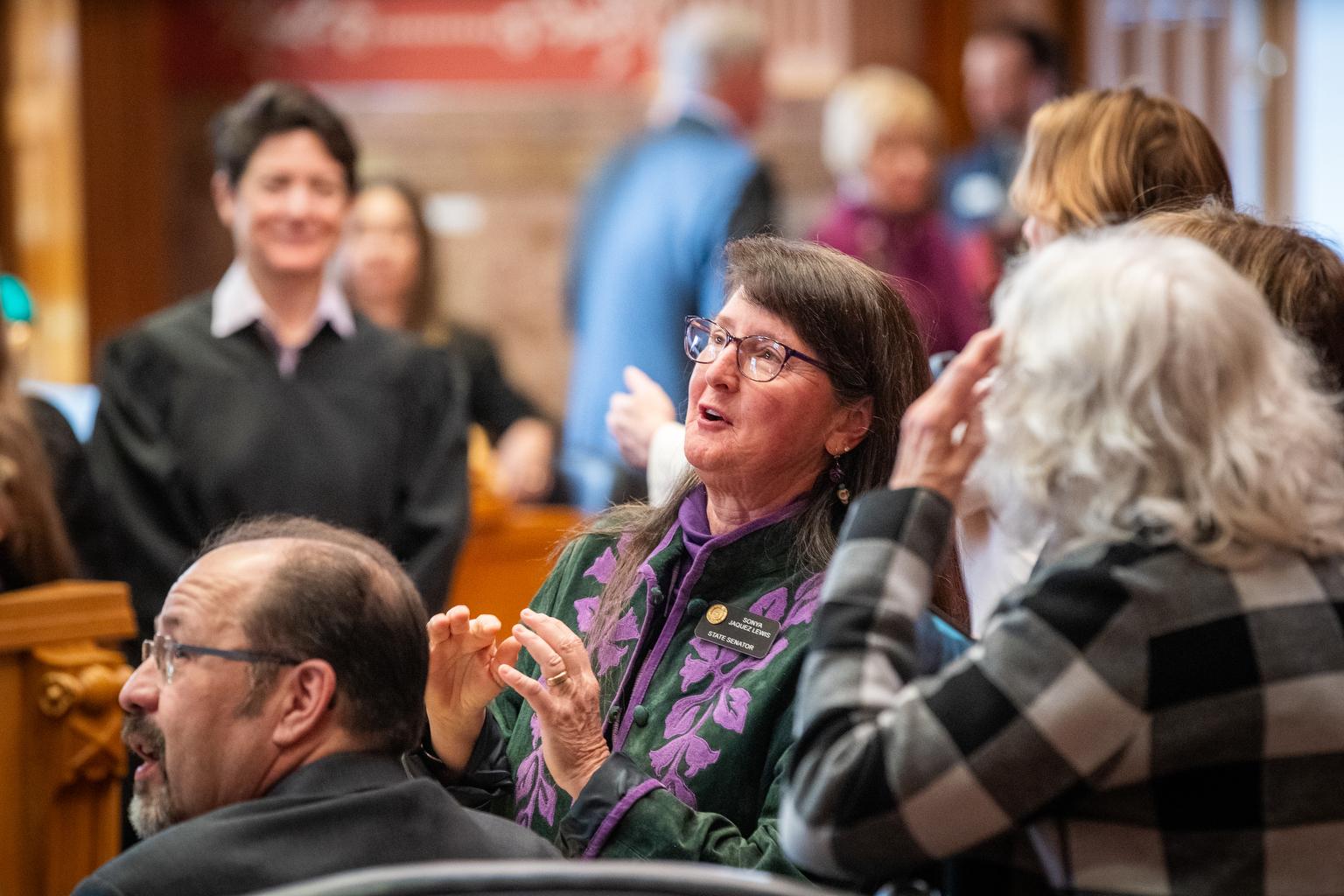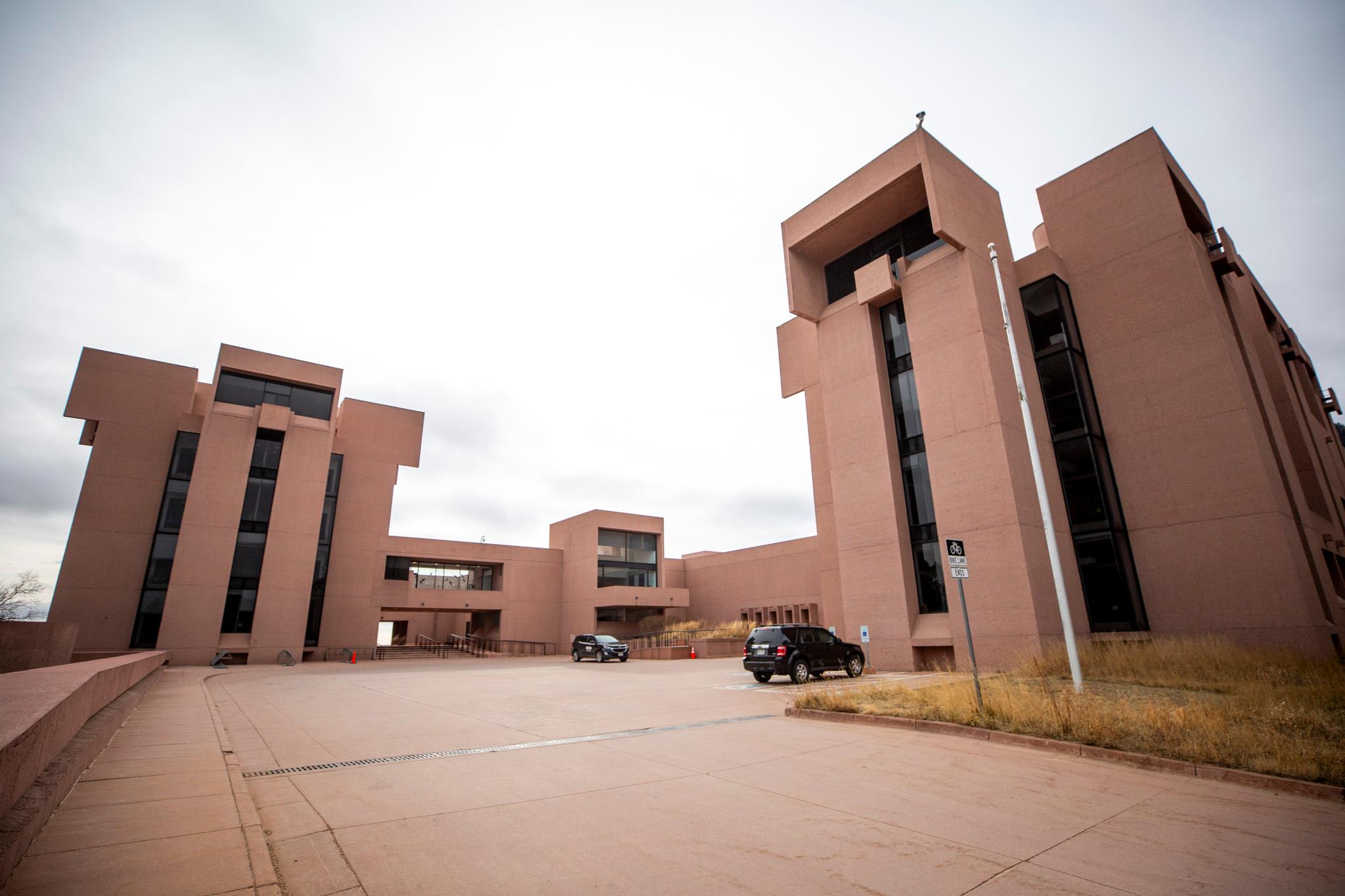
It’s been a tough year financially for the Phamaly Theatre Company, the country’s longest running theatre company made up of people with disabilities.
“We’ve seen a reduction, a loss of federal funding of about $47,000 this year,” said Corinne Melon, the theatre’s executive director.
Earlier this year, the Trump Administration canceled the second year of a two-year pilot program that awarded the non-profit theatre $32,000. The rest of the lost money came when the National Endowment of the Arts cut back on a grant that Phamaly has been getting for about 20 years.
It may not seem like a lot in absolute dollars, but state and local governments have also pulled back on their arts grants. “This is just compounding and compounding, and it's getting scary pretty quickly.”

Melon said the theatre has had to cut down on the number of actors they’re hiring next year and can’t bring on more staff. She said even though Phamaly’s cancelled funding is tiny compared to other federal spending, it’s critical for the theatre.
“Federal funding for the arts has been very steady. It's been something a lot of organizations depend on,” she noted.
And it’s not just arts non-profits that are seeing a decrease in federal funding.
“Colorado nonprofits, like nonprofit organizations across the country, are struggling,” said Paul Lhevine, president and CEO of the Colorado Nonprofit Association.
A lot of federal funding to non-profits was frozen at the start of this Trump Administration under an executive order, but many in the non-profit sector were hopeful that it would just be a bump in the road. It’s becoming clear that’s not the case.
“This is not a storm that nonprofits are going to get through and get to the other side, and we just need to weather this moment in time,” said Lhevine. “This is a new reality, a new dynamic that nonprofits are going to have to adapt to. And so they're going to have to think about the work they do differently.”
According to the Bureau of Labor Statistics, non-profit organizations accounted for just over seven percent of total employment in Colorado in 2022, about 170,000 jobs.
For CEDS Finance, a non-profit that helps with small business financing, especially for low-income people of color, the changing federal landscape has already taken its toll. The group cut its budget for the fiscal year that started in October back by nearly a quarter.
“There's economic uncertainty, political uncertainty, rules and regulations, federal uncertainty,” explained executive director Alex Wise. “So we've already made adaptations and kind of cuts to our budget to kind of batten down the hatches so that we're well prepared going into this next fiscal year.”
Her organization is a Community Development Financial Institution, which means her nonprofit has a federal Good Housekeeping Seal of Approval, and can not only provide access to funding, but technical services.

“It helps achieve so much of what has traditionally been thought of like the American Dream: come here, work hard, pull yourself up by your own bootstraps,” said Wise.
During the government shutdown, the Trump Administration fired everyone at the federal office that oversees CDFIs around the country. That decision was reversed as part of the budget deal to reopen the government. But the office’s future isn’t certain. In Trump’s budget proposal, the CDFI Fund, which he supported in his first term, was targeted as a “woke program” to be cut in his second.
The backlash against efforts to promote diversity, equity and inclusion, however, isn’t what’s impacting other non-profits across the state. Aaron Martinez works with several non-profits in a range of fields, including child care.
“I feel like nonprofits are really feeling an existential crisis of whether they can continue to do the work that they've been doing for years,” said Martinez. He’s currently the chief operating officer for the Urban Land Conservancy, which supports more than 50 nonprofits by providing office or programming space at reduced rents. And just like the groups it works with, ULC is struggling as well.
For the almost 20 years Martinez has worked in the nonprofit sector, groups have always drawn on some component of local, state or federal funding. And there has always been some inconsistency and unpredictability in that funding, because no grant is guaranteed. But what worries him now is seeing the fundamental idea of government support for non-profit programming decreasing.
“The philanthropic community cannot replace the government funding that is being lost for a lot of these programs. And so it is a very highly competitive endeavor to go out and try to replace this funding from other nonprofits or foundations or individual donors,” he explained.
Still, he’s hoping the current austerity is a blip, and that the pendulum that has rapidly swung away from funding will swing back the other way.
“I truly believe in the fundamental sort of decency and compassion of human beings wanting to take care of each other.”
Public media in the state, including Colorado Public Radio, has also seen federal funding eliminated, with the support of Congress, for what many Republican lawmakers view as biased reporting.
Rocky Mountain Public Media, which operates PBS and two music radio stations, had gotten about $3 million in federal funds, while CPR News lost about $1.5 million in federal funding. The cuts have fallen hardest on the state’s smaller and more rural stations; KSUT in the southwestern corner of the state lost over $300,000 and KUNC, based in Greeley, lost about $350,000 and has gone through a round of layoffs.
Even as they cut their budgets, many non-profits are looking for other sources of funding, and hoping new players will get involved.
“It’s a hard time for all nonprofits right now. We’re calling on our community partners to ensure we can meet the needs of children and families,” said Erin Porteous, CEO of the Boys & Girls Clubs of Metro Denver. She said the group has seen a reduction in federal funds this year compared to past years, but they have diversified their funding model to “minimize the impact of fluctuations in any single source.”
Phamaly Theatre said it plans to continue putting on the same number of performances each year, for as long as it can. The group has some money in its reserves, “so we can weather a year or two of this, but we can’t weather it for, you know, a decade.”









